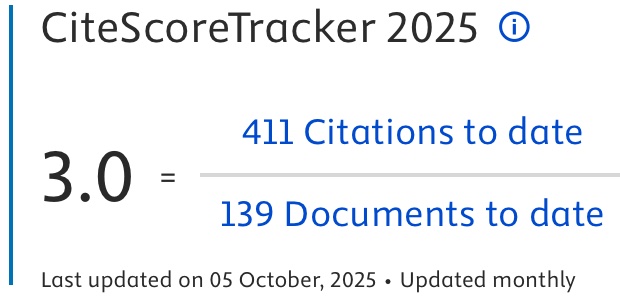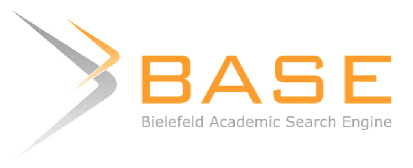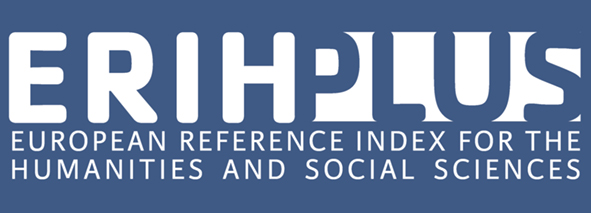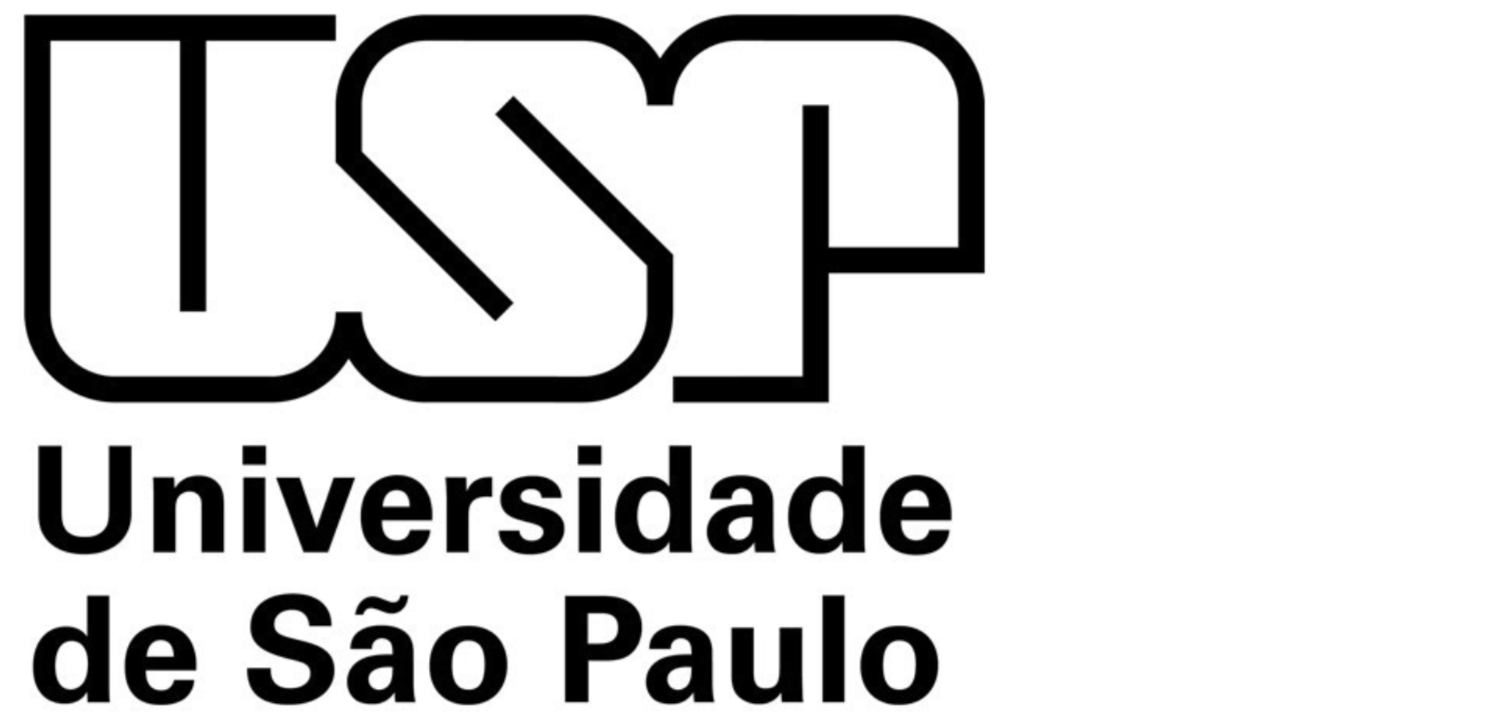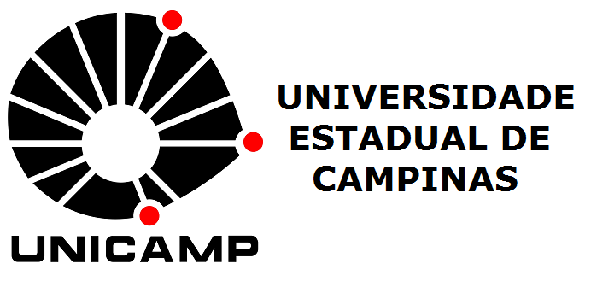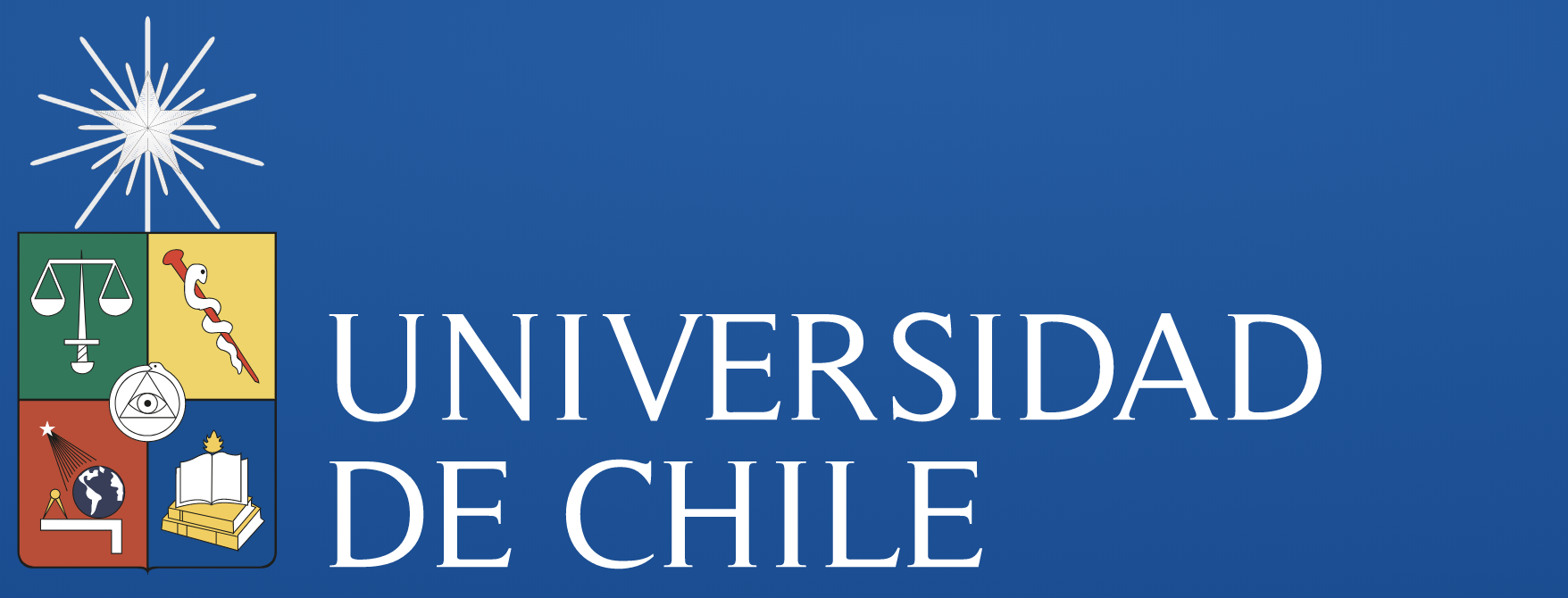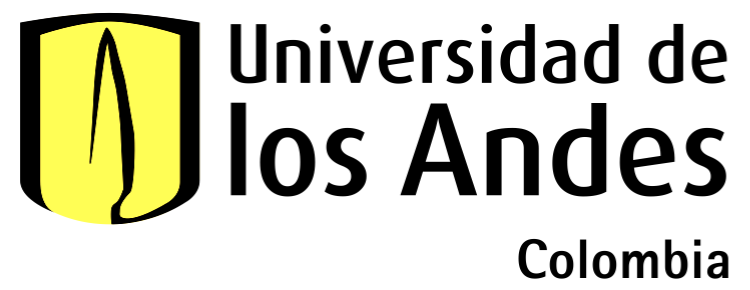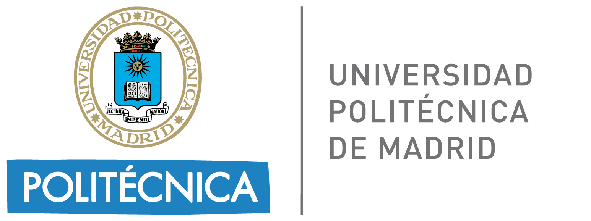Urban Digital Twin and Energy Modeling – Experiences and case study analyses
DOI:
https://doi.org/10.19229/2464-9309/15122024Keywords:
urban digital twin, energy transition, energy modeling, climate neutrality, decarbonisationAbstract
The transition towards sustainable and digital cities is a complex challenge with crucial implications for citizen well-being. In this context, the concept of an Urban Digital Twin (UDT) emerges as an innovative resource, although the methodologies and technologies applied are still at an initial stage. This article explores the use of the UDT in the context of energy transition, focusing on the experience of Bologna, an Italian city committed to climate neutrality by 2030. Experimentation in specific case studies demonstrates how the UDT enables data analysis and scenario simulation to optimise energy efficiency and promote decarbonisation, facilitates data collection and integration, overcomes privacy issues, and enables multi-stakeholder governance.
Article info
Received: 18/03/2024; Revised: 10/04/2024; Accepted: 20/04/2024
Downloads
Article Metrics Graph
References
Al-Seharwy, R., Kumar, B. and Watson, R. (2021), “A Digital Twin Uses Classification System for Urban Planning and City Infrastructure Management”, in Journal of Information Technology in Construction, vol. 26, pp. 832-862. [Online] Available at: doi.org/10.36680/j.itcon.2021.045 [Accessed 11 April 2024].
Anselmo, S., Ferrara, M., Corgnati, S. P. and Boccardo, P. (2023), “Aerial urban observation to enhance energy assessment and planning towards climate-neutrality – A pilot application to the city of Turin”, in Sustainable Cities and Society, vol. 99, article 104938, pp. 1-15. [Online] Available at: doi.org/10.1016/j.scs.2023.104938 [Accessed 13 April 2024].
Apanavičienė, R. and Shahrabani, M. M. N. (2023), “Key Factors Affecting Smart Building Integration into Smart City – Technological Aspects”, in Smart Cities, vol. 6, issue 4, pp. 1832-1857. [Online] Available at: doi.org/10.3390/smartcities6040085 [Accessed 11 April 2024].
Attaran, M. and Celik, B. G. (2023), “Digital Twin – Benefits, use cases, challenges, and opportunities”, in Decision Analytics Journal, vol. 6, article 100165, pp. 1-10. [Online] Available at: doi.org/10.1016/j.dajour.2023.100165 [Accessed 11 March 2024].
Ali, U., Bano, S., Shamsi, M. H., Sood, D., Hoare, C., Zuo, W., Hewitt, N. and O’Donnell J. (2024), “Urban building energy performance prediction and retrofit analysis using data-driven machine learning approach”, in Energy and Buildings, vol. 303, article 113768, pp. 1-16. [Online] Available at: doi.org/10.1016/j.enbuild.2023.113768 [Accessed 11 April 2024].
Annaswamy, A. M., Guan, Y., Tseng, H. E., Zhou, H., Phan, T. and Yanakiev, D. (2018), “Transactive Control in Smart Cities”, in Proceedings of the IEEE, vol. 106, issue 4, pp. 518-537. [Online] Available at: doi.org/10.1109/JPROC.2018.2790841 [Accessed 11 April 2024].
Betis, G., Cassandras, C. G. and Nucci, C. A. (2018), “Smart Cities”, in Proceedings of the IEEE, vol. 106, issue 4, pp. 513-517. [Online] Available at: doi.org/10.1109/JPROC.2018.2812998 [Accessed 11 April 2024].
Bortolini, R., Rodrigues, R., Alavi, H., Vecchia, L. F. D. and Forcada, N. (2022), “Digital Twins’ Applications for Building Energy Efficiency – A Review”, in Energies, vol. 15, issue 19, article 7002, pp. 1-17. [Online] Available at: doi.org/10.3390/en15197002 [Accessed 11 April 2024].
Caprari, G., Castelli, G., Montuori, M., Camardelli, M. and Malvezzi, R. (2022), “Digital Twin for Urban Planning in the Green Deal Era – A State of the Art and Future Perspectives”, in Sustainability, vol. 14, issue 10, article 6263, pp. 1-16. [Online] Available at: doi.org/10.3390/su14106263 [Accessed 11 April 2024].
Dejaco, M. C., Scanagatta, C., Mannino, A. and Condotta, M. (2022), “Transizione digitale per il facility management – BIM, CMMS e manutenzione predittiva | Digital transition in facility management – BIM, CMMS and diagnostic maintenance”, in Agathón | International Journal of Architecture Art and Design, vol. 12, pp. 168-177. [Online] Available at: doi.org/10.19229/2464-9309/12152022 [Accessed 11 April 2024].
Deren, L., Wenbo, Y. and Zhenfeng, S. (2021), “Smart city based on digital twins”, in Computational Urban Science, vol. 1, article 4, pp. 1-11. [Online] Available at: doi.org/10.1007/s43762-021-00005-y [Accessed 11 April 2024].
Doria, E. (2022), “L’automazione del censimento tecnologico – Il centro storico di Betlemme | Automation of urban technological census – The historical centre of Bethlehem”, in Agathón | International Journal of Architecture Art and Design, vol. 12, pp. 178-189. [Online] Available at: doi.org/10.19229/2464-9309/12162022 [Accessed 11 April 2024].
Gantioler, S., Balest, J., Tomasi, S., Voltolini, F. and DellaValle, N. (2023), “Transformative disruptiveness or transition? Revealing digitalization and deep decarbonization pathways in the Italian smart electricity meter roll-out”, in Energy Research and Social Science, vol. 106, article 103309, pp. 1-16. [Online] Available at: doi.org/10.1016/j.erss.2023.103309 [Accessed 11 April 2024].
Hämäläinen, M. (2021), “Urban Development with Dynamic Digital Twins in Helsinki City”, in IET Smart Cities, vol. 3, issue 4, pp. 201-210. [Online] Available at: doi.org/10.1049/smc2.12015 [Accessed 11 April 2024].
Hammi, B., Khatoun, R., Zeadally, S., Fayad, A. and Khoukhi, L. (2018), “IoT technologies for smart cities”, in IET Networks, vol. 7, issue 1, pp. 1-13. [Online] Available at: doi.org/10.1049/iet-net.2017.0163 [Accessed 11 April 2024].
He, X., Lin, M., Chen, T.-L., Liu, B., Tseng, P.-C., Cao, W. and Chiang, P.-C. (2020), “Implementation plan for low-carbon resilient city towards sustainable development goals – Challenges and perspectives”, in Aerosol and Air Quality Research, vol. 20, issue 3, pp. 444-464. [Online] Available at: doi.org/10.4209/aaqr.2019.11.0568 [Accessed 11 April 2024].
Ketzler, B., Naserentin, V., Latino, F., Zangelidis, C., Thuvander, L. and Logg, A. (2020), “Digital Twins for Cities – A State-of-the-Art Review”, in Built Environment Journal, vol. 46, issue 4, pp. 547-573. [Online] Available at: doi.org/10.2148/benv.46.4.547 [Accessed 11 April 2024].
Kirpes, B., Danner, P., Basmadjian, R., de Meer, H. and Becker, C. (2019), “E-Mobility Systems Architecture – A model-based framework for managing complexity and interoperability”, in Energy Informatics, vol. 2, article 15, pp. 1-31. [Online] Available at: doi.org/10.1186/s42162-019-0072-4 [Accessed 11 April 2024].
Le Dréau, J., Lopes, R. A., O’Connell, S., Finn, D., Hu, M., Queiroz, H., Alexander, D., Satchwell, A., Österreicher, D., Polly, B., Arteconi, A., de Andrade Pereira, F., Hall, M., Kirant-Mitic, T., Cai, H., Johra, H., Kazmi, H., Li, R., Liu, A., Nespoli, L. and Saeed, M. H. (2023), “Developing energy flexibility in clusters of buildings – A critical analysis of barriers from planning to operation”, in Energy and Buildings, vol. 300, article 113608, pp. 1-21. [Online] Available at: doi.org/10.1016/j.enbuild.2023.113608 [Accessed 11 April 2024].
Masera, M., Bompard, E. F., Profumo, F. and Hadjsaid, N. (2018), “Smart (Electricity) Grids for Smart Cities – Assessing Roles and Societal Impacts”, in Proceedings of the IEEE, vol. 106, issue 4, pp. 613-625. [Online] Available at: doi.org/10.1109/JPROC.2018.2812212 [Accessed 11 April 2024].
Moghadam, S. T., Delmastro, C., Corgnati, S. P. and Lombardi, P. (2017), “Urban energy planning procedure for sustainable development in the built environment – A review of available spatial approaches”, in Journal of Cleaner Production, vol. 165, pp. 811-827. [Online] Available at: doi.org/10.1016/j.jclepro.2017.07.142 [Accessed 11 April 2024].
Nguyen-Huu, T.-A., Tran, T. T., Tran, M.-Q., Nguyen, P. H. and Slootweg, J. (2022), “Operation Orchestration of Local Energy Communities through Digital Twin – A Review on Suitable Modeling and Simulation Approaches”, in 2022 IEEE 7th International Energy Conference (ENERGYCON), May 9-12 2022, Riga, Latvia, pp. 1-6. [Online] Available at: doi.org/10.1109/ENERGYCON53164.2022.9830264 [Accessed 11 April 2024].
Prevedi, A., Penaloza, J. D. R., Pontecorvo, T., Napolitano, F., Tossani, F., Borghetti, A. and Nucci, C. A. (2023), “Optimal Operation of Renewable Energy Communities Through Battery Energy Systems – A Field Data-Driven Real-Time Simulation Study”, in International Conference on Smart Energy Systems and Technologies (SEST), 4-6 September 2023, Mugla, Turkiye, pp. 1-6. [Online] Available at: doi.org/10.1109/SEST57387.2023.10257402 [Accessed 11 April 2024].
Qiuchen Lu, V., Parlikad, A. K., Woodall, P., Ranasinghe, G. D. and Heaton, J. (2019), “Developing a Dynamic Digital Twin at a Building Level – Using Cambridge Campus as Case Study”, in DeJong, M. J., Schooling, J. M. and Viggiani, G. M. B. (eds), International Conference on Smart Infrastructure and Construction 2019 (ICSIC) | Driving data-informed decision-making, pp. 67-75. [Online] Available at: doi.org/10.1680/icsic.64669.067 [Accessed 13 April 2024].
Ramaswami, A., Pandey, B., Li, Q., Das, K. and Nagpure, A. (2023), “Toward Zero-Carbon Urban Transitions with Health, Climate Resilience, and Equity Co-Benefits – Assessing Nexus Linkages”, in Annual Review of Environment and Resources, vol. 48, pp. 81-121. [Online] Available at: doi.org/10.1146/annurev-environ-112621-063931 [Accessed 11 April 2024].
Schrotter, G. and Hürzeler, C. (2020), “The Digital Twin of the City of Zurich for Urban Planning”, in PFG | Journal of Photogrammetry, Remote Sensing and Geoinformation Science, vol. 88, pp. 99-112. [Online] Available at: doi.org/10.1007/s41064-020-00092-2 [Accessed 11 April 2024].
Shahat, E., Hyun, C. T. and Yeom, C. (2021), “City Digital Twin Potentials – A Review and Research Agenda”, in Sustainability, vol. 13, issue 6, article 3386, pp. 1-20. [Online] Available at: doi.org/10.3390/su13063386 [Accessed 11 April 2024].
Shawash, J. and Marji, N. (2020), “Visioni di un futuro più verde per il Seil di Amman – La Realtà Aumentata come strumento di progetto | Visions of a greener future for the Seil of Amman – Augmented Reality as an urban design tool”, in Agathón | International Journal of Architecture, Art and Design, vol. 8, pp. 220-229. [Online] Available at: doi.org/10.19229/2464-9309/8212020 [Accessed 11 April 2024].
Zhang, C., Cui, C., Zhang, Y., Yuan, J., Luo, Y. and Gang, W. (2019), “A review of renewable energy assessment methods in green building and green neighborhood rating systems”, in Energy and Buildings, vol. 195, pp. 68-81. [Online] Available at: doi.org/10.1016/j.enbuild.2019.04.040 [Accessed 11 April 2024].
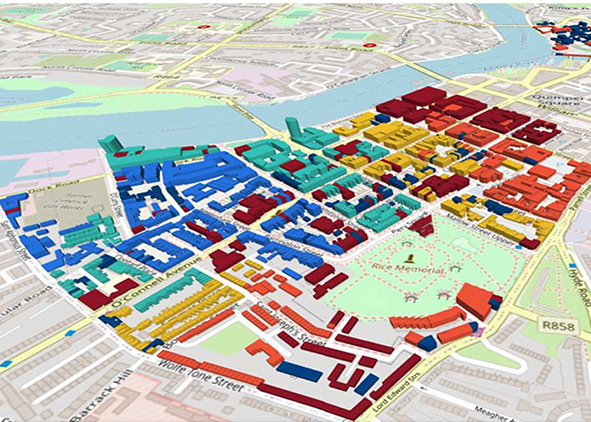
Downloads
Published
How to Cite
Issue
Section
Categories
License
Copyright (c) 2024 Danila Longo, Beatrice Turillazzi, Rossella Roversi, Stefano Lilla, Carlo Alberto Nucci, Andrea Costa, Alessandro Piccinini

This work is licensed under a Creative Commons Attribution 4.0 International License.
This Journal is published under Creative Commons Attribution Licence 4.0 (CC-BY).
License scheme | Legal code
This License allows anyone to:
Share: copy and redistribute the material in any medium or format.
Adapt: remix, transform, and build upon the material for any purpose, even commercially.
Under the following terms
Attribution: Users must give appropriate credit, provide a link to the license, and indicate if changes were made; users may do so in any reasonable manner, but not in any way that suggests the licensor endorses them or their use.
No additional restrictions: Users may not apply legal terms or technological measures that legally restrict others from doing anything the license permits.
Notices
Users do not have to comply with the license for elements of the material in the public domain or where your use is permitted by an applicable exception or limitation.
No warranties are given. The license may not give users all of the permissions necessary for their intended use. For example, other rights such as publicity, privacy, or moral rights may limit how you use the material.






